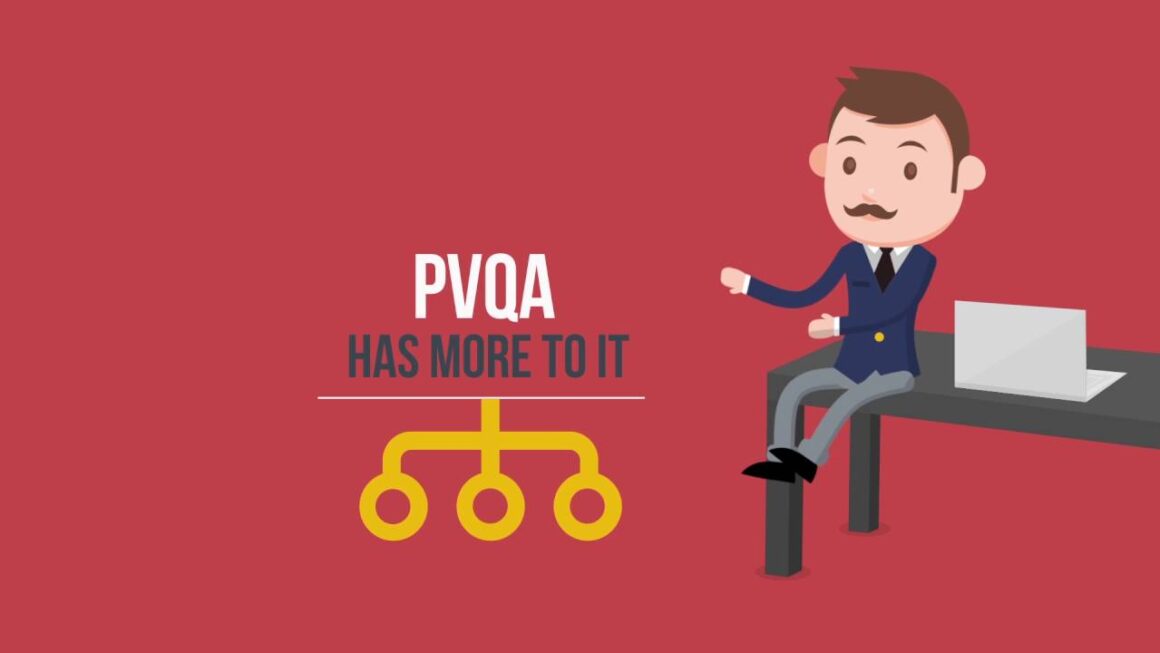Around 5 million users have been growing with Odoo worldwide which makes it one of the most popular ERP solutions on the market. With its incredible comprehensive solution it is helping businesses from small to large to increase business flexibility and sales count.
While developing any app, there are many questions that cross your mind. And to clear your head we have answered 11 questions you may and should have while developing Odoo App
Firstly, here is a basic Odoo Development Process:
- Planning
Every development outcome needs solid planning to understand the process, its requirements, and its limitations too. And this process needs research and time both. From understanding the client’s requirements to turning it accordingly is all done under the planning panel. This even includes planning and pitching the budget.
- Design & Coding
Design the whole app, from layout to designing icon colors; everything should be conveying your company and its purpose. Create an impactful creative sign, get it reviewed and polished as per client’s review and requirements. Once a client approves the design, convert it into code.
- Testing & Launch
Launching is the process everyone is eager about, but don’t rush. Make sure it all works with manual testing with a variety of devices. In order to provide a seamless user experience, testing is an important process which you should never skip. In this way you can conduct a double quality-check too.
- Maintenance
Maintenance requires constant upgrades to enhance the user experience. You need to be well-aware about the new, trendy or helpful technologies to serve your client’s with the best of all. Maintaining security and stability is as important as upgrading technicalities.
Now let us have a brief discussion on what questions you should ask while developing an odoo app and their answers too:
- First and foremost: Why Odoo?
Source: mapolbs-opensource
Odoo is all-in-one open source management software. The open-source module provides high standard usability that scales across all apps. The Odoo framework has very strong technical basics. Odoo implementation allows you to influence numbers of developers and business experts to build anonymous apps in a very short time. It suggests a variety of business applications that can form an absolute set of the enterprise management application. Odoo incorporates:
- Website/e-Commerce
- CRM
- Accounting
- Billing
- Manufacturing
- Warehouse and project management
- Inventory, etc.
Odoo is an ERP (Enterprise resource planning) platform that makes exactly how businesses need an ERP to be–a robust, integrated platform. This addresses the needs of the modern business enterprise.
- What are the Benefits of Odoo?
Source: rewardbloggers
Here are the Odoo Application Module’s features that can we get benefited through:
- Excellent User-Interface
- Comprehensive Pro-like Features
- A Unique Modular Platform
- Flexibility
- No-Vender Lock-in
- Instant Updates
- Easy Upgrades
- A Cost-Effective Solution
- How is Odoo Compatible for My Business?
Whether you have a small scale business or large scale, Odoo has got the solutions to get your troubles away. Odoo uses ERP (Enterprise resource planning) in an advanced way by considering its group of applications for managing business processes. This is an all in one running software solution. Odoo customization applies to enterprise keeping necessities in mind. The predefined components help to make out changes without putting any effort into the codes.
Odoo is a constantly updated app that allows you to exchange other BPM tools in the first place itself. It is an API-friendly platform which supports a wide array of integration with other apps such as Whatsapp, QuickBooks, Google Maps, eBay, and Amazon.com.
If your industry requires incorporation in Human Resource to compact with your resources or across other applications, like:
- Point-Of-Sale (POS) or
- Storehouse Management
Odoo can make the process simpler to give you all the control.
Odoo is an ERP platform made exactly how businesses need an ERP to be. For instance, a robust, integrated platform that addresses the needs of the modern business enterprise.
- What are the Plans and pricing of Odoo?
Odoo is available in three different variants including:
- The community, open-source version
Odoo’s popular free Community plan offers numerous features to support most ERP requirements.
- An online model
The Second is Success Packs. This is highly suggested for businesses with 50 users and below.
- Enterprise version
The third approach is through the help of Odoo partner. This suits best for companies with over 50 users.
An ERP consultant manages Success Packs- considered as premium service packages. An Odoo project manager is assigned to a company during Odoo implementation to evaluate its specific needs. And then the developer can format the included Odoo tools based on the client’s requirements. Success Pack pricing varies extensively.
New customers typically use a simple Odoo tools pack which starts at US$2,700 for the 25-hour Basic plan. Those requiring more advanced features such as Odoo customization and data import can opt for the 200-hour Pro plan at US$18,750.
- What are the Key features of Odoo?
- CRM
- Accounting
- ecommerce
- MRP
- POS
- Project Management
- Timesheets
- Reporting
- Inventory Management
- How can I integrate Customization in my Odor?
In Odor’s Studio and Odoo.sh., businesses can easily customize their operational processes. Chances are that they can also become active partners in further developing this ERP’s open source system.
Source: develop4u
The customization tools are quite impressive, both in their UI and features. It needed a proper knowledge and understanding to operate those tools effectively. Trained developers or users can surely integrate and customize these applications. Odoo is improvising on a pace to deal with limitations like this.
- What are the Technical Specifications of Odoo?
Devices Supported
- Web-based
- iOS
- Android
Customer types
- Small business
- Medium business
- Enterprise
Support Types
- Phone
- Online
- What are the Odoo Integrations?
Odoo offers integration to more than 100 apps and systems. Some of the most known and used integrations include:
- Microsoft365
- Ebay
- Ups
- DHL
- Salesforce
- Google Analytics
- Drop Box
- How Odoo can improve my sales?
Odoo’s tools like:
- Sales
- This tool helps businesses sell and work faster by:
- Using e-signatures in sales documents
- Communicate faster
- Boost revenues through upselling.
- CRM
This tool allows businesses to make:
- Precise sales forecasts
- Use actionable data to make smart decisions
- Design customized dashboards to generate real-time insights of business performance, etc.
- What can Odoo POS (Point Of Sale) do for my business?
- This tool is user-friendly and can be set-up easily within minutes
- It allows businesses to sell quickly
- It is also compatible with any type of device
- Users can use it either in online or offline mode
These features help managers and employees to focus more on enhancing customer relationships and boosting revenues.
- How Odoo provides Customer Support?
Source: moltis.net
Odoo hosts plenty of resources and educational content on their website which anyone can access for free. It helps people to understand the system features and its process of working.
Odoo being an open source solution gives you support in the many developer forums and communities online. You can refer questions and answers related to the system, or ask the community new questions too. The obvious downside here is that these developers do not belong to Odoo’s payroll – meaning that answering your questions for free might not be at the top of their to-do list. You may have to wait. Or you can contact different development companies who can provide you services with complete customer support.
Here, the best solution would be contacting an Odoo development company to help you clear your confused head.
Odoo has managed to be an ideal option consistently, especially for SMBs searching and for a budget ERP platform. It helps in reducing errors, lowering costs and increasing productivity. Overall, it is a lot-in-one solution for businesses of any size, in any industry or sector.



